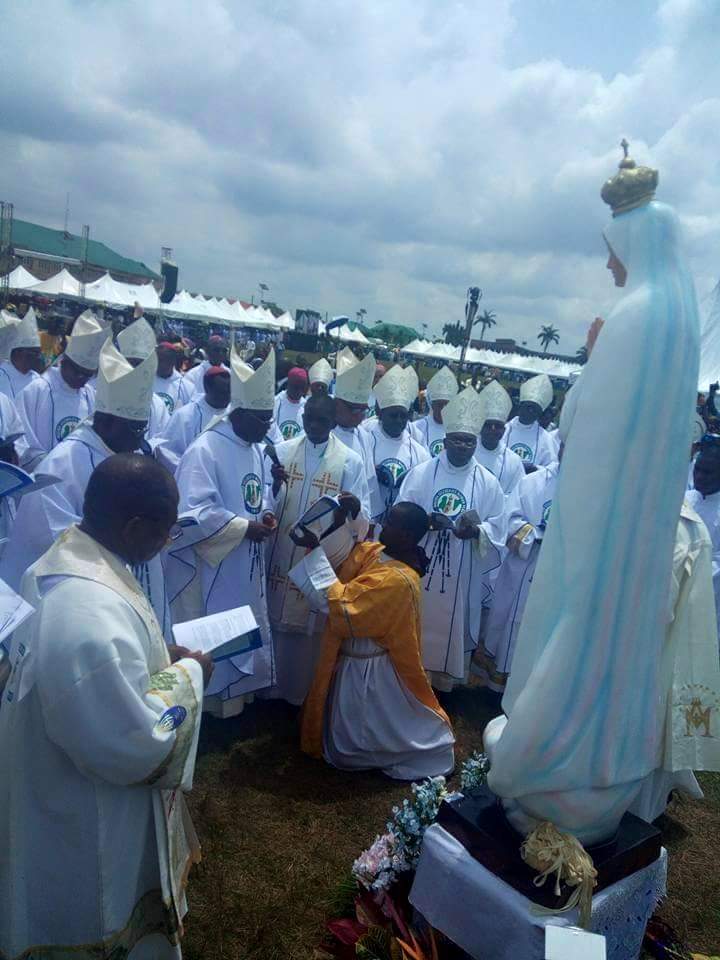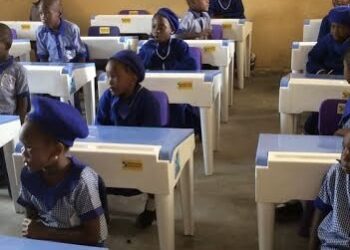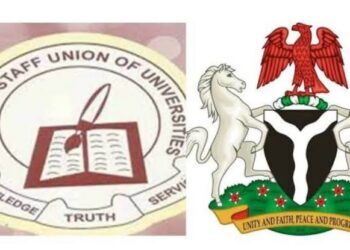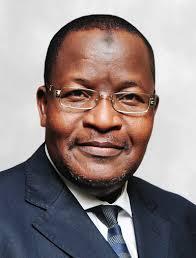The Catholic Bishops Conference of Nigeria (CBCN) has rejected a bill seeking to establish National Council of Christian Education, pointing out that the proposal violates sections 10 and 42(3) of the Constitution of the Federal Republic of Nigeria, 1999.
Rather than promoting a bill that violated the secular character of Nigeria, the bishops tasked the Christian Association of Nigeria (CAN), which originally pushed for the bill at the National Assembly, to promote legislations that decisively address unprovoked attacks on Christians in the North, among others.
They rejected the bill in a statement by the President of CBCN, Archbishop Lucius Ugorji and Secretary, Bishop Donatus Ogun, revealing different parts of the bill that contravened the country’s grundnorm.
The bill, which seeks to develop, regulate and approve syllabuses/contents at all levels of Christian education, was sponsored by Hon. Rimamde Kwewum, Hon. Beni Lar, Hon. Yusuf Ayo Tajudeen, Hon. John Dyegh, Hon. Solomon Bob and Hon. Benjamin Mzondu.
Among others, the bill was also designed to certify Christian religion education instructors at basic and secondary levels; approve the content of all Christian Religion Education in all schools and accredit programmes of Christian theological institutions.
In its design, the bishops lamented that the bill made no exemption for seminaries and other religious institutes owned by the various Christian denominations across the federation.
On this ground, the bishops claimed that the bill infringed on the rights of these various Christian denominations to provide instructions and formation according to their respective doctrines, citing Section 42 (3) of the 1999 Constitution.
The section stipulates: “No religious community or denomination shall be prevented from providing religious instruction for pupils of that community or denomination in any place of education maintained wholly by that community or denomination.”
They also claimed that the bill “is incompatible with the secular character of the Nigerian State as enshrined in Section 10 of the 1999 Constitution of the Federal Republic of Nigeria.
“In as much as the governments at the federal or state level, has not and cannot adopt any religion as its official religion, it must respect the juridical principles that govern the relationship between the State and the Church,” the bishops pointed out.
The bishops explained that the idea of pursuing a bill “to regulate religious studies in secular schools came up during the education summit organised in 2019 by the Association of Christian Schools in Nigeria, a body of mostly pentecostal private school owners and some protestant denominations.”
They observed that the bill was neither intended to regulate theological concerns nor to have anything to do with theological institutions as originally intended and conceived.
After discussing the idea, the bishops disclosed that CAN decided to pursue it by asking the lawmakers to sponsor the bill, alleging that some elements were added to the bill at some points, which certainly are not in the interest of the Church.
They further said the bill “is unnecessary and impracticable because of our doctrinal differences. Our juridical autonomy in matters of education is being surrendered to the government.”
They also challenged CAN to undertake “a proper needs assessment to determine the needs of Christians in Nigeria that would require the support of the government. Asking the government to establish a Council for Christian Education simply because Muslims have one is counterproductive.
According to the bishops, it is imperative to revisit and properly examine CAN’s original purpose as opposed to what is expressed in the bill presented at the National Assembly.”
They also tasked CAN to explore the possibility of going for “a bill that addresses our concerns as Christians. For example, in most parts of the North, there have been unprovoked attacks on Christians.
“For over 40 years, well before Boko Haram’s destructions, thousands of our churches have been destroyed across northern Nigeria. No one has been charged nor has compensation been paid. Christians face serious challenges and obstacles in gaining access to land to build their places of worship in northern Nigeria.
“Christian children are hardly given admission to schools because they bear Christian names. Where they could enter higher institutions, they are denied high-profile courses like Medicine, Architecture, Engineering, etc. Christian Religious Education is prohibited in some parts of the North.
“Should CAN determine that there is a need for a National Christian Council for Education, such a Council, which must recognise the doctrinal differences of the various Christian denominations, should be under the full control of CAN and not of the government.
“Where there is genuine collaboration in Nigeria between the State and the Church, Government funding can be available to such Council without it being a government “parastatal.
“Therefore, the Catholic Bishops Conference of Nigeria, due to the injurious nature of this bill, as reflected in the foregoing paragraphs, strongly expresses its absolute objection to this bill,” the bishops observed.











